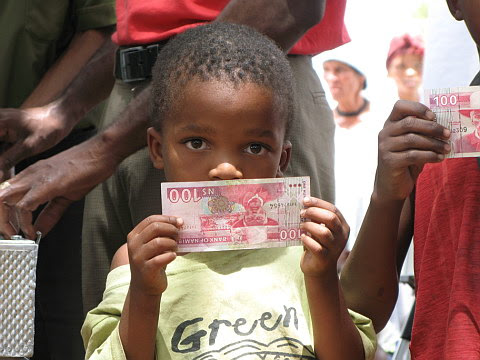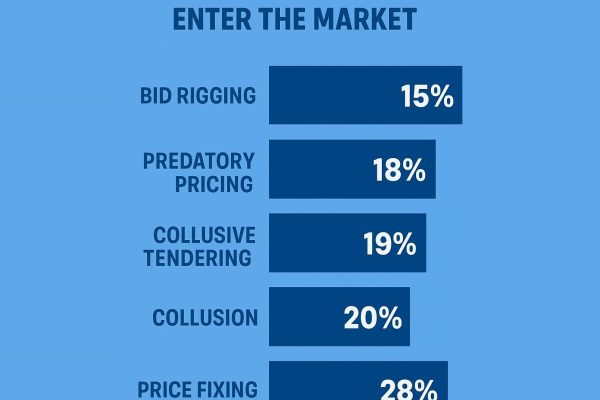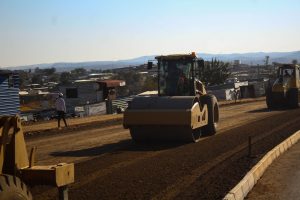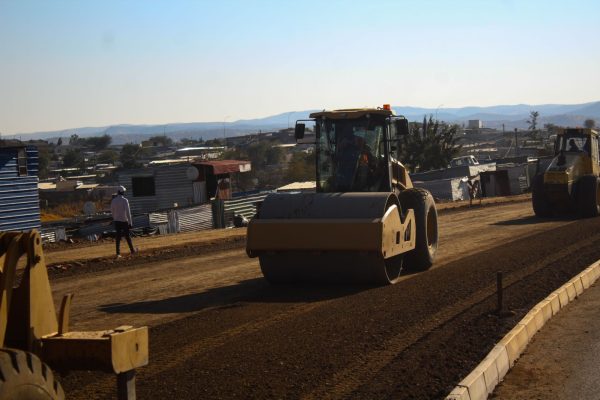
By: Dwight Links
The Basic Income Grant Coalition believes that the urgency still exists for the use and rollout of a basic income grant.
The Coalition revealed this at the recent public dialogue engagement hosted by the Friedrich-Ebert-Stiftung of Namibia on the comparison of the Universal Basic Income Grant (UBIG) and the Conditional Income Grant (CIG).
“Our focus should be on urgently providing a guaranteed income for all Namibians for a dignified life,” stated social justice advocate Uhuru Dempers.
Dempers noted that the presentations prior to his regarding the differences between the two systems showed that the CIG creates problems for affected impoverished persons and households.
“The conditional income grant significantly excludes people who urgently need state support, and really cannot survive without that. I understand the explanation on fiscal space, and some people need that support, and I think we still have space; we still have options to look at savings that they can make and additional ways we can mobilise resources,” Dempers indicated.
Dempers added the dimension of unemployment and employment by pointing to how numerous Namibians are unable to live off the salaries they earn.
“Even with those who are employed, the salaries are so low that they cannot achieve a dignified life. People who work in retail shops and the farm workers in the agricultural sector cannot make ends meet,” he noted.
Dirk Haarmann from the Economic Policy Research Institute (EPRI) expressed his satisfaction with the conversation being held in the Namibian discourse. Haarmann indicated that historically, the idea for income grants stems from the Namibian Tax Commission of 2002 (NAMTAX Commission).
At the time, the commission argued that Namibians should at least receive N$100 as a basic grant, proposing every citizen between the ages of 0 – 59 years be beneficiaries of said grant.
“It is an old document with very real objectives outlined in it,” Haarman said. “The commission in 2002 noted in their own document that the introduction of an income grant will significantly reduce absolute poverty. It will reduce the degree of inequality. The commission saw that this was the main problem that was suffocating the Namibian economy back then,” he added.
ACADEMIC ANALYSIS
Haarmann noted that there exists a common ground in his observation around how to possibly deal with the inequality and poverty of Namibia.
“I think we do have an agreement on the Basic Income Grant, especially on the key issues. People need cash in order to get out of precarious poverty. One needs money to get out of hunger and child malnutrition. And secondly, the basic income grant needs to be linked to an economic transformation. We want it to enable economic growth and assist in job creation,” Haarmann outlined in his presentation.
His analysis of the NAMTAX objectives also noted that the target group would be manageable, stating:
“It would not need a complex administrative body. The measure would be sustainable and affordable without retarding the economic growth of the country. The nation should also avoid the negative consequences of alternative economic strategies to transfer income from the rich to the poor. And the financing should be done through the Namibian tax system so that 85% of Namibians can receive a grant.”
The Namibian population in 2002 was about 1.8 million people. Then, a far cry from the changing picture of about 3.02 million people as of 2023.
Ministry of Finance executive director, Michael Humavindu, conveyed that the country’s debt-to-GDP ratio in 2008-2009 was 30-35%, whereas today it is around 63%.
Expanding on the conditional income grant, Humavindu noted that “it would have been easier in the context of social protection to be very liberal, and to see how things could be explored. Ultimately, we are dealing with cash transfers, in my opinion.”
Humavindu added that the possibility of having social protection mechanisms is usually determined by the fiscal space that a country has at its disposal.









